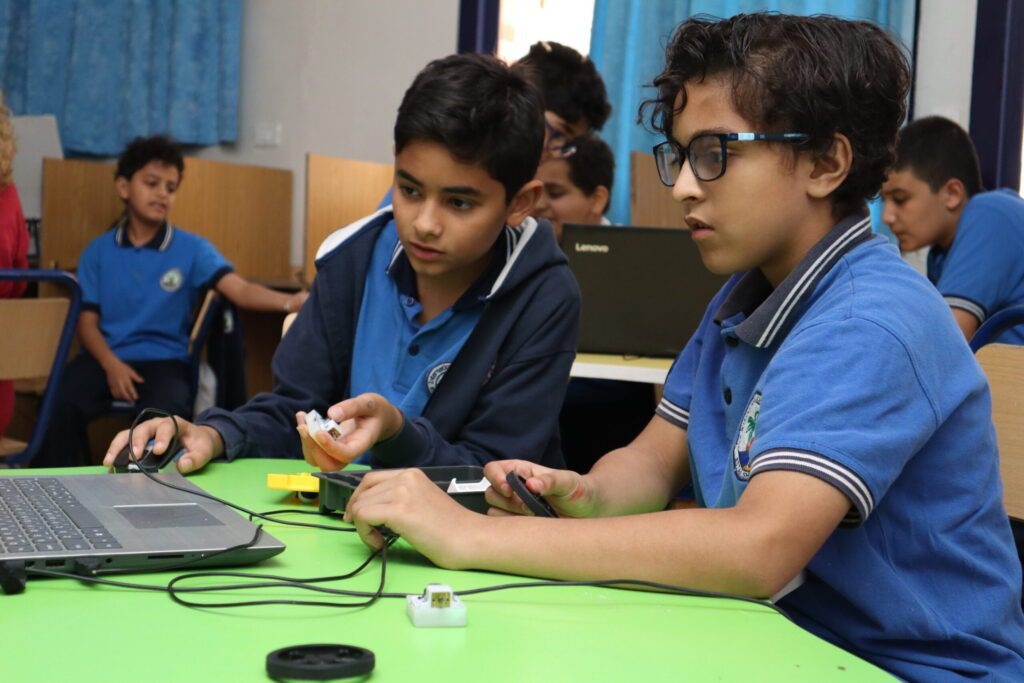

Elementary School: The Voyage
Elementary school is a crucial phase in the voyage of a child’s education. During these formative years, children are exposed to a variety of inputs that shape their intellectual, emotional, and social development. One important aspect of the elementary school curriculum is character building. Through various activities and programs, students learn values such as respect, honesty, responsibility, and empathy. These values are reinforced through interactions with teachers, peers, and the wider community. In addition to character building, elementary schools provide a solid foundation in academic subjects such as maths, English, and science. This foundation helps students develop critical thinking and problem-solving skills that will serve them well throughout their academic and professional careers. Through these subjects, students learn essential skills such as reading comprehension, writing, basic mathematical operations, and scientific inquiry. By providing a well-rounded education, elementary school sets the stage for students’ future success and prepares them for the challenges of higher education and beyond.
In addition to character building and the core academic subjects of math, English, and science, elementary schools also incorporate subjects such as STEM, Arabic, Arabic leveled reading, Religion, and Quran into their curriculum.
STEM education in elementary school introduces students to the fundamental concepts of science, technology, engineering, and math. Through hands-on activities and projects, students learn problem-solving skills, critical thinking, and teamwork. This helps prepare them for future careers in STEM fields.
The Arabic subject in elementary school builds on the foundation laid in kindergarten and helps students develop their communication skills in Arabic. They learn to read, write, speak, and listen to Arabic in a supportive environment. Arabic leveled reading allows students to practice their reading skills and learn new vocabulary in an engaging way.

Religion is an important component of the elementary school curriculum, and it helps students develop a deeper understanding of their faith. Through age-appropriate lessons and activities, students learn about the principles of their religion and how to apply them in their daily lives. Quran education teaches students to read and recite the holy book of Islam, helping them connect with their faith and heritage.
By providing a well-rounded education that includes character building, core academic subjects, and additional subjects such as STEM, Arabic, Arabic leveled reading, Religion, and Quran, elementary schools prepare students for success in higher education and beyond.